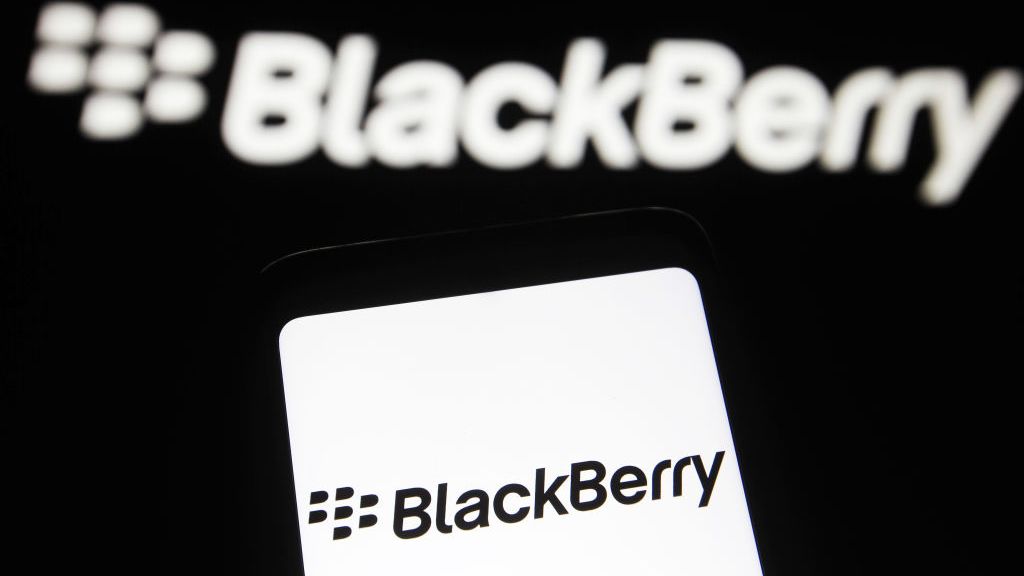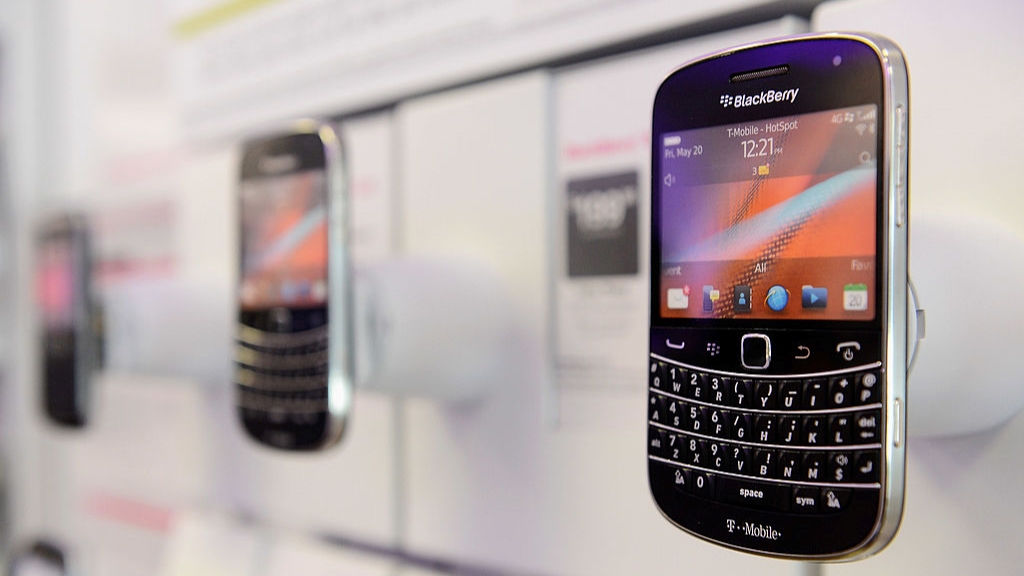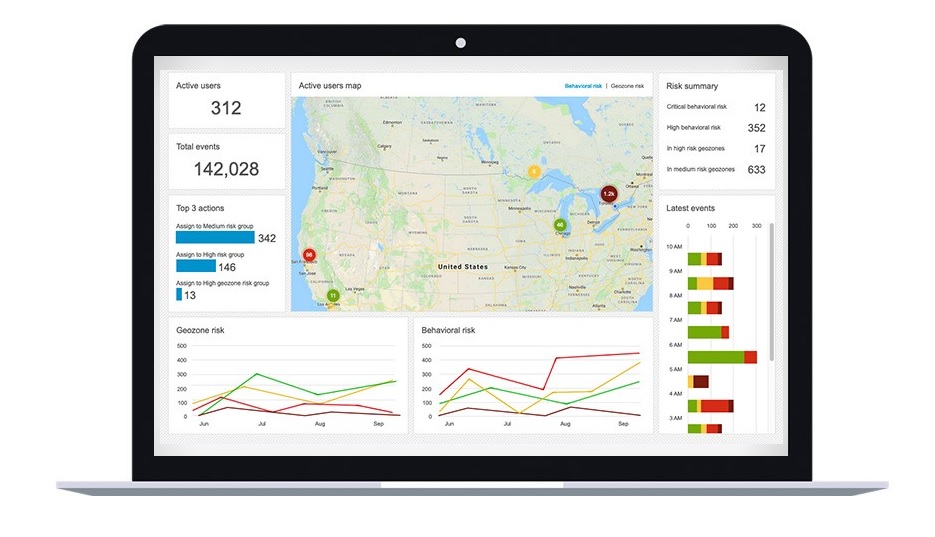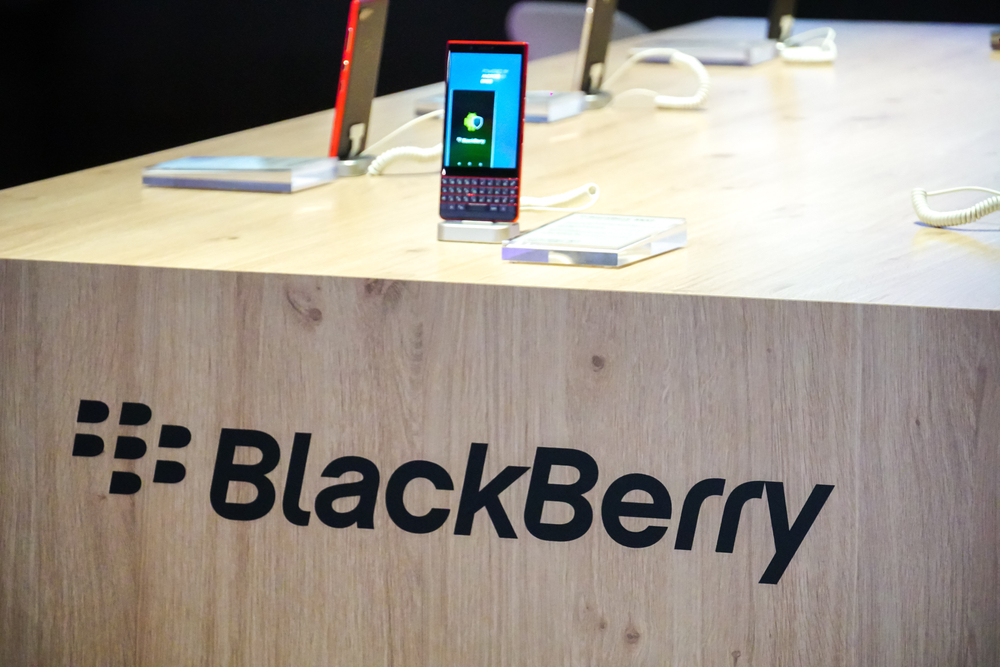NAO: Police mobile rollout failing to deliver
The police are not getting enough benefits from the Mobile Information Programme, the NAO says.


Two Government mobile rollouts for police have been criticised for not providing enough benefits to the majority of forces in the UK.
The central issue the National Audit Office (NAO) had with the Mobile Information Programme, which provided devices including BlackBerrys to officers, was that it failed to do more than let officers spend more time out of the station.
Although the project was achieved at a "reasonable cost," the benefits have not been enough to justify the 80 million spent, the NAO said.
It did not consider adequately how forces would use mobile technology.
Only 10 of 32 forces responding to an NAO survey said they had seen some for of cashable savings from the Mobile Information Programme, and even then it was a small amount.
"The business case for the Mobile Information Programme was constructed around the delivery of mobile devices and therefore considered a narrow range of implementation options," the NAO report read.
"It did not consider adequately how forces would use mobile technology, the amount of local expenditure required or the realism of the announced deadlines."
Get the ITPro daily newsletter
Sign up today and you will receive a free copy of our Future Focus 2025 report - the leading guidance on AI, cybersecurity and other IT challenges as per 700+ senior executives
The NAO also claimed the project did not assess how many devices would be need for each force, nor was funding adequately split between different forces.
"The proportion of devices procured by forces we surveyed ranged from a device available to one per cent of police officers and police community support officers to 151 per cent. Three forces have more devices than officers as they are used by civilian police staff," the report added.
"However, some nineteen forces have sufficient devices available for less than half of their officers. This has restricted how far these forces can reduce bureaucracy through improving processes and subsequently reducing the cost of back-office functions."
Furthermore, the MobileID scheme, which was designed to bring fingerprint checking functionality to devices, had not successfully achieved its aims.
Despite the criticisms, the NAO said the programme had increased the visibility of police and officers do spend more time out of the station. Furthermore, some of the forces surveyed said they expected to make more savings as a result of the project in the future.
Tom Brewster is currently an associate editor at Forbes and an award-winning journalist who covers cyber security, surveillance, and privacy. Starting his career at ITPro as a staff writer and working up to a senior staff writer role, Tom has been covering the tech industry for more than ten years and is considered one of the leading journalists in his specialism.
He is a proud alum of the University of Sheffield where he secured an undergraduate degree in English Literature before undertaking a certification from General Assembly in web development.
-
 Third time lucky? Microsoft finally begins roll-out of controversial Recall feature
Third time lucky? Microsoft finally begins roll-out of controversial Recall featureNews The Windows Recall feature has been plagued by setbacks and backlash from security professionals
By Emma Woollacott Published
-
 The UK government wants quantum technology out of the lab and in the hands of enterprises
The UK government wants quantum technology out of the lab and in the hands of enterprisesNews The UK government has unveiled plans to invest £121 million in quantum computing projects in an effort to drive real-world applications and adoption rates.
By Emma Woollacott Published
-
 Trade body urges UK government to speed up National Semiconductor Strategy
Trade body urges UK government to speed up National Semiconductor StrategyNews Trade body techUK has urged the UK government to accelerate the implementation of the National Semiconductor Strategy.
By Emma Woollacott Published
-
 Blackberry revenue falls by 4% as cyber security division takes hit
Blackberry revenue falls by 4% as cyber security division takes hitNews Despite this, the company’s Internet of Things (IoT) division increased its revenue by 28% as it attracted new customers from the automotive sector
By Zach Marzouk Published
-
 BlackBerry revival is officially dead as OnwardMobility shuts down
BlackBerry revival is officially dead as OnwardMobility shuts downNews The Texas-based startup is mysteriously shutting down and taking its ultra-secure 5G BlackBerry with it
By Bobby Hellard Published
-
 US lawmakers call for restrictions on software exports to Chinese chip companies
US lawmakers call for restrictions on software exports to Chinese chip companiesNews US government needs broader, systemic restrictions to avoid Chinese military innovation, says letter
By Danny Bradbury Published
-
 BlackBerry and AWS are developing a standardized vehicle data platform
BlackBerry and AWS are developing a standardized vehicle data platformNews Platform will give automakers a standardized way to process data from vehicle sensors in the cloud
By Rene Millman Published
-
 BlackBerry thwarts mobile phishing attacks with new AI tools
BlackBerry thwarts mobile phishing attacks with new AI toolsNews The company's Protect Mobile platform alerts users to potential malware before a link is clicked
By Tyler Omoth Published
-
 BlackBerry Persona Desktop delivers zero-trust security at the endpoint
BlackBerry Persona Desktop delivers zero-trust security at the endpointNews New security solution learns user behavior and can take action if there’s an abnormality
By Justin Cupler Published
-
 A 5G BlackBerry phone with physical keyboard is coming in 2021
A 5G BlackBerry phone with physical keyboard is coming in 2021News The business phone to be resurrected with OnwardMobility and FIH Mobile planning a security-savvy enterprise handset
By Bobby Hellard Published